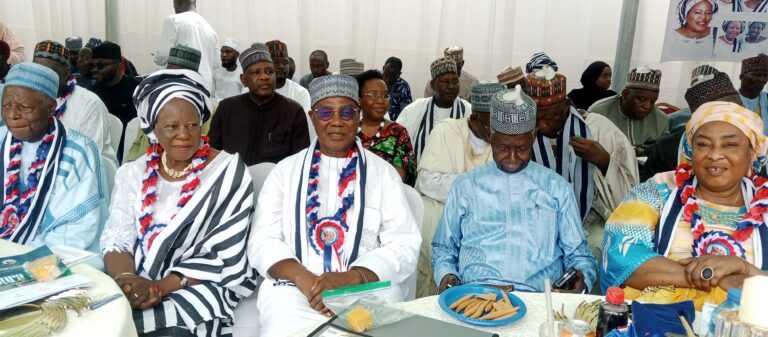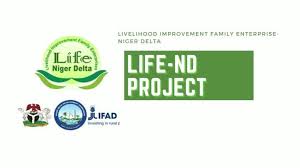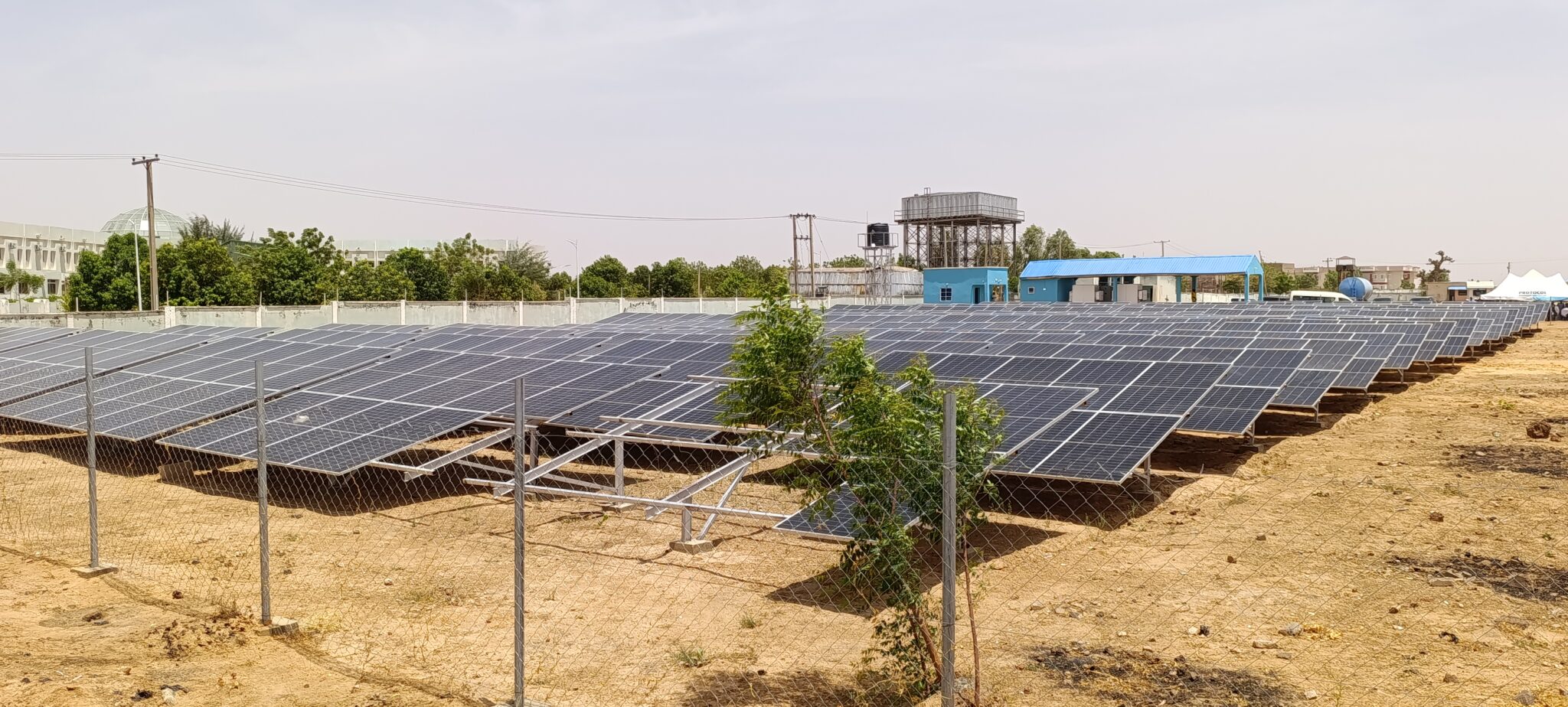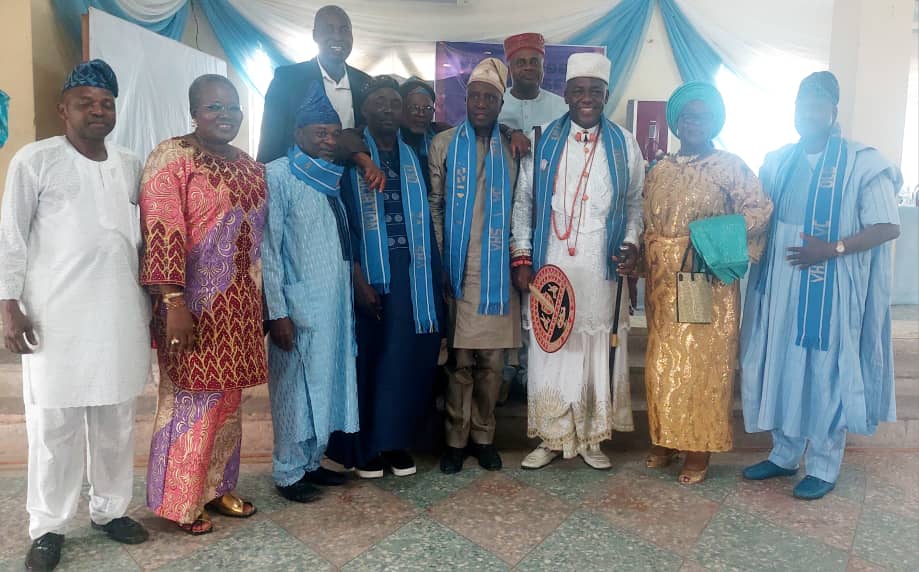683 total views today
By Tosin Kolade
President Bola Tinubu on Monday declared a national emergency on food security, urging expanded irrigation infrastructure and participatory water resource management nationwide.
Tinubu made the declaration while opening the 6th African Regional Conference on Irrigation and Drainage in Abuja.
He was represented by the Secretary to the Government of the Federation, Sen. George Akume.
He urged African nations to adopt innovative strategies in addressing the continent’s irrigation and water management challenges.
He described the conference theme, “Tackling Irrigation Development and Water Management Crisis in Africa”, as a clarion call to action for sustainable agriculture and economic resilience.
“Africa continues to face major challenges in unlocking its irrigation potential due to inadequate infrastructure, financial constraints, climate change, and governance issues.
“This conference offers a vital platform for us to collectively chart a path forward”.
Tinubu stated that the country had more than 3.1 million hectares of irrigable land located around key river basins such as the Niger and Benue.
In his remarks, the Minister of Water Resources and Sanitation, Prof. Joseph Utsev, said the government had completed several landmark initiatives under the Transforming Irrigation Management in Nigeria (TRIMING) project.
He announced that its successor, the Sustainable Power and Irrigation for Nigeria (SPIN) project, would address outstanding gaps while optimising the economic value of water resources to support food security.
“With the TRIMING project winding down, Nigeria is poised to begin implementation of the SPIN project in partnership with the World Bank.
“This initiative will consolidate on the successes of TRIMING and expand our irrigation potential,” Utsev said.
 According to the minister, the TRIMING project, which spanned more than seven years, delivered notable achievements, including the completion of the Dadin-Kowa and Bakolori irrigation schemes and 90 per cent completion of the Middle Rima Valley irrigation project.
According to the minister, the TRIMING project, which spanned more than seven years, delivered notable achievements, including the completion of the Dadin-Kowa and Bakolori irrigation schemes and 90 per cent completion of the Middle Rima Valley irrigation project.
It also supported ongoing interventions in Ondo, Kwara, Benue, Kebbi, Edo, Adamawa, and Oyo States.
He also noted that the project established Water Users Associations (WUAs), farmer management centres, and supported market linkages for key value chains such as rice and tomato.
The minister further revealed that River Basin Development Authorities (RBDAs) had developed more than 153,000 hectares of irrigable land and were being partially commercialised to attract private sector investment.
He also referenced the 2025 Flood Outlook and Risk Management Strategy, aimed at minimising flood-related impacts on agriculture.
“This conference is a platform for knowledge exchange, innovation, and collective commitment to resolving Africa’s pressing irrigation and water management issues,” he added.
The Head of the Civil Service of the Federation, Dr Didi Wilson-Jack, called for renewed commitment across all tiers of government to ensure national food security.
Former Permanent Secretary of the Ministry of Water Resources, Mr Godknows Igali, underscored the urgency of strategic planning, particularly in the face of Nigeria’s growing population.
He stressed the importance of professional staffing and proper management of river basins, adding that sub-national governments must play an active role in water governance and food systems.
 Gov. Babagana Zulum of Borno, raised concerns over the shrinking farming seasons caused by climate change, warning that unpredictable rainfall patterns were creating uncertainty among farmers.
Gov. Babagana Zulum of Borno, raised concerns over the shrinking farming seasons caused by climate change, warning that unpredictable rainfall patterns were creating uncertainty among farmers.
“Our fertile lands are turning to dust. Irrigation is now a necessity, not a luxury.
“Innovation must not be seen as a privilege of the few, we must empower women and youth who are at the frontline of agriculture,” Zulum said
He appealed to development partners to show greater responsiveness to the challenges of water access and rural farming in Africa.
President of the International Commission on Irrigation and Drainage (ICID), Dr Marco Arcieri, described the conference as both timely and essential.
“This could be a turning point. We’ve celebrated big ideas and set tangible goals to confront the pressing challenges.
“We remain committed to supporting Africa as it faces population growth and climate stress,” Arcieri stated.
It may be recalled that he had earlier addressed participants at the Young Professionals’ Forum, a pre-conference event which gathered emerging leaders in irrigation and water management across Africa.
 Arcieri emphasised the role of young professionals in driving sustainable solutions to the continent’s water challenges.
Arcieri emphasised the role of young professionals in driving sustainable solutions to the continent’s water challenges.
Mr Ibrahim Musa, who leads the African Regional Working Group, expressed optimism that the conference would lead to innovative approaches and actionable outcomes in addressing Africa’s unique irrigation development needs.
The conference continues in Abuja until April 17, with technical sessions, policy dialogues, and field visits to irrigation sites across Nigeria. (NAN)
Edited by Abiemwense Moru






 According to the minister, the TRIMING project, which spanned more than seven years, delivered notable achievements, including the completion of the Dadin-Kowa and Bakolori irrigation schemes and 90 per cent completion of the Middle Rima Valley irrigation project.
According to the minister, the TRIMING project, which spanned more than seven years, delivered notable achievements, including the completion of the Dadin-Kowa and Bakolori irrigation schemes and 90 per cent completion of the Middle Rima Valley irrigation project.  Gov. Babagana Zulum of Borno, raised concerns over the shrinking farming seasons caused by climate change, warning that unpredictable rainfall patterns were creating uncertainty among farmers.
Gov. Babagana Zulum of Borno, raised concerns over the shrinking farming seasons caused by climate change, warning that unpredictable rainfall patterns were creating uncertainty among farmers. Arcieri emphasised the role of young professionals in driving sustainable solutions to the continent’s water challenges.
Arcieri emphasised the role of young professionals in driving sustainable solutions to the continent’s water challenges.








